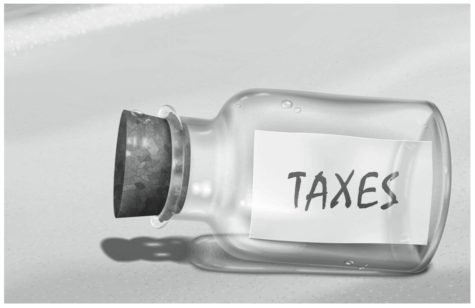by Jaimie FranchiFire Island tourism begins the 2017 season with the ongoing issue of a controversial Suffolk County tax that some homeowners who rent their houses for income have questioned, since they hadn’t been informed of the tax beforehand last season. Hotel owners, however, believe this tax is a long overdue market correction that may help to even the playing field during the summer months.Suffolk County Comptroller John M. Kennedy Jr. introduced the tax, a 3 percent charge to those who rent their homes for less than 30 days, last year. Some homeowners protested, claiming collection of the taxes seemed overly aggressive and haphazard. Kennedy dismissed those claims. He believes that the spirit of the tax was to revive a tourist economy that could help bring more business and jobs to Fire Island.Kristen Jarnagin, president and CEO of Discover Long Island, formerly known as the Long Island Convention and Visitors Bureau & Sports Commission, told Fire Island News, “Welcoming visitors to Long Island is paramount for the 5.5 billion dollar tourism industry and the 100,000 jobs that it supports. Equalizing the tax burden not only helps to level the playing field for Long Island hotels, but also serves as an increased revenue stream for county services that benefit all residents.”Hotel owners have long believed that share homes operated at a distinct advantage. By avoiding this tax and regulations, they could set rental prices at a less competitive rate. As such, the share home to hotel ratio overwhelmingly favors rental houses. There are only a few hotels and inns on Fire Island, including the Palms Hotel in Ocean Beach, the Belvedere Hotel in Cherry Grove, the Madison and Botel in the Pines, and just a handful of others. The redistribution of tourism funds could help stimulate the hospitality economy on Fire Island enough to encourage more hotels and inns, and by extension, create more jobs.Due to the increasing popularity of online rental websites, such as AirBNB, the New York State Hospitality and Tourism Association (NYSH&TA) issued a plea to New York State Assemblyman Patricia Fahy calling for legislation to regulate short-term rentals.“Deregulation presents the threat of danger to a guest through decreased safety standards, and decreased tax revenues for localities generated by occupancy taxes,” the letter reads.The NYSH&TA is asking that short-term rentals meet the same regulatory compliance standards as bed and breakfasts, including a sales and occupancy tax and proof of insurance liability coverage during the rental period. Additionally, they are calling for new penalties for violations for short-term rentals.The NYSH&TA is urging state regulators to have Fire Island follow New York City where short-term rental laws had changed first in 2010 and again in 2016. “Just like New York City,” the letter reads, “where industry participants stood together, once again we need to stand arm in arm looking for statewide oversight of a growing problem affecting an industry that means so much to the growing economy.”Fire Island remains a prime vacation destination area in New York State. A thriving and robust economy helps not only area businesses, but residents as well.





























